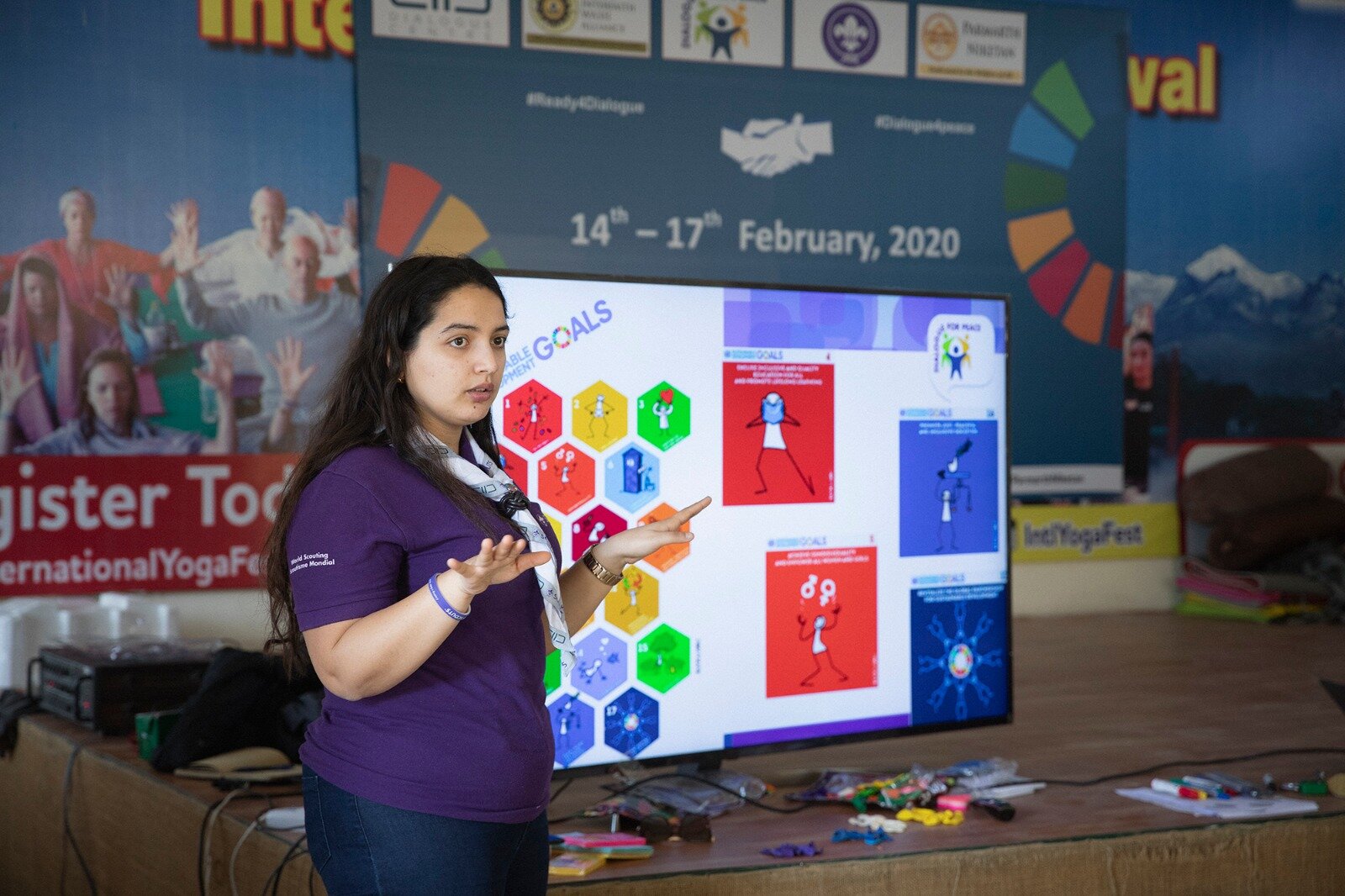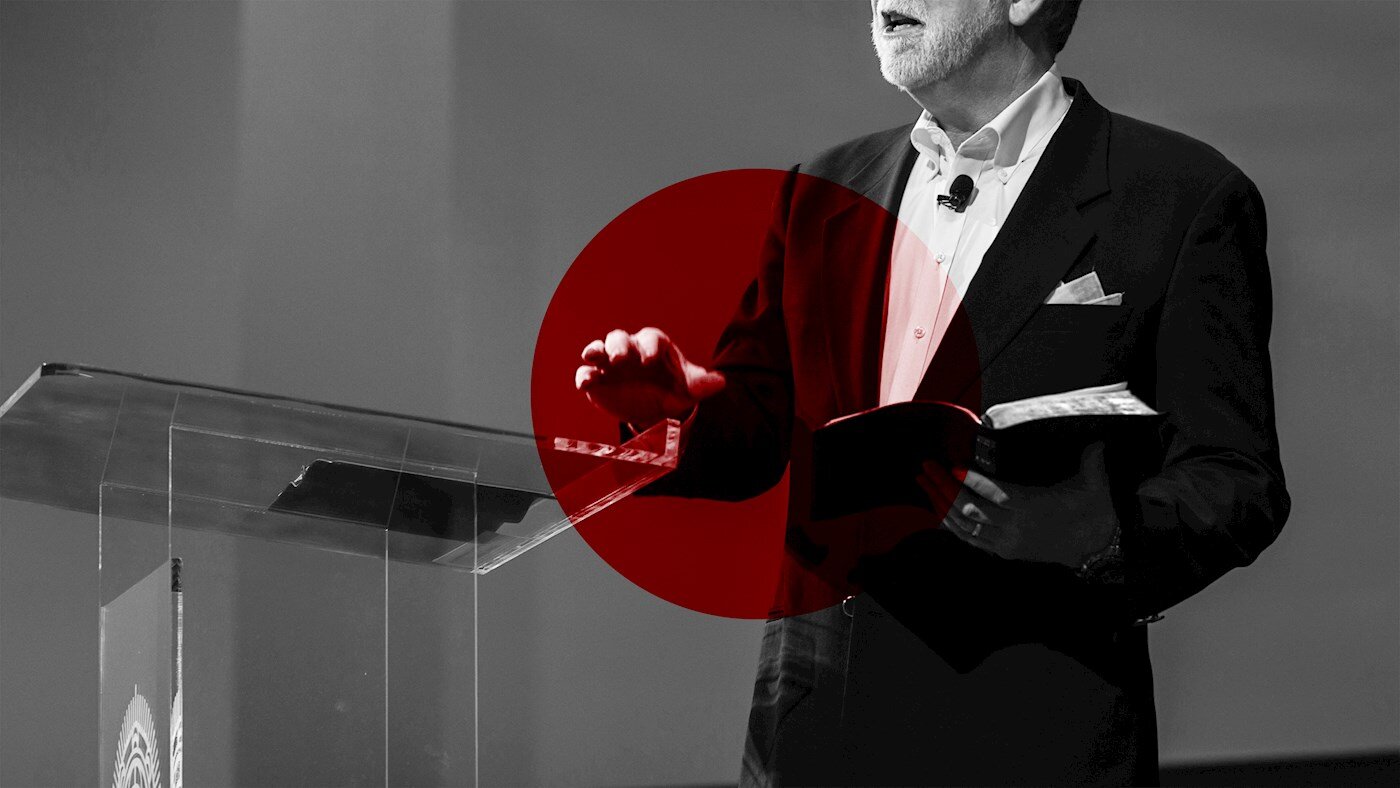A guest post from Ryan Dradzynski.
Apparently, Jesus makes quite an impact at the polls.
The influence that Jesus and his teachings exert on the voting-booth behaviors of certain segments of the population is well established. Earlier this year, for example, the Pew Research Center found that 49% of Americans—and 68% of American Christians—believe that the Bible should have ‘some’ or a ‘great’ influence on U.S. laws.
Despite this fact, it would be astonishing to find Jesus’s name on the ballot. And yet, that is exactly what one might be led to expect given the nationwide proliferation of signs, shirts, and stickers bearing the slogan “Jesus 2020.”
The campaign, of course, isn’t actually about electing a 2,000-year-old Jewish man from Nazareth to our nation’s highest office. Rather, the organizers of the movement, Martha Sikes and Joyce Hubbard of Sampey Memorial Baptist Church in Ramer, Alabama, hope it will lead “people to elect [Jesus] to be the leader in their life.”
Local coverage reported several weeks ago that the church has sold more than 30,000 signs and given away another 7,000. The official Facebook page, which displays photos of signs in yards from coast to coast and most places in between, attests to cross-denominational and nationwide support. The campaign coordinators attribute the rapid spread of their signs across our cultural and literal landscape to “God’s perfect timing and design.” What might these signs signify about the relationship between politics and Christianity in America?
Although the campaign began under the auspices of a small Baptist church in south-central Alabama, this is not the first time that Christianity has appropriated political structures and symbols for proselytization.
In Translating the Message: The Missionary Impact on Culture, Lamin Sanneh suggests that the medium and method of Christian evangelization has changed over time in response to its social, political, and economic environment. While Sanneh emphasized the linguistic and textual aspects of these ‘translations,’ the principle holds true in other areas as well (the appropriation of cross imagery or the Saxon Heliand come immediately to mind). In the U.S., there have been several movements which associated Jesus with political power, from a series of ‘Washington for Jesus’ rallies in the late ‘80s and ‘90s to a national speaking tour by the authors of Jesus for President in 2008.
What is striking about this latest manifestation of electoral evangelism is the fact that it is, according to its originators, apolitical.
Despite the organizers’ scrupulous attempts to prevent political leaven from polluting their efforts, the fact remains that they have chosen an explicitly political medium for their religious outreach. In doing so, they have implicitly made numerous assumptions and assertions about the relationship between Christianity and politics in America.
“In our highly polarized times,” observed Sightings author Corey D. Walker, “we are experiencing a moment in which our political concerns are framed within a theological architecture.” By framing theological concerns within a politicalarchitecture, the “Jesus 2020” campaign seems to indicate that the reverse is also true.
The danger of this, Walker notes, is that when political language is “imbued with the spirit of religion…[it] blurs the boundaries between religion and politics to such an extent that the political becomes synonymous with and an extension of the religious, even for those without an explicit religious” (and to this we might add, political) position.
Read in conjunction with each other, Sanneh and Walker can be used to illustrate how the appropriation of political motifs for the sake of religious proselytization necessarily entails political implications. This raises a number of challenging questions for the campaign, such as:
What does ‘voting for Jesus’ mean to historically disenfranchised communities?
How does this representation of Jesus, associated with the nation’s highest office, relate to America’s marginalized groups—the economic, political, and cultural ‘least of these’?
How might the reference to voting (an inherently exclusionary practice) perpetuate and exacerbate the deep divisions plaguing our polity?
What is the status of those—leaving aside questions of soteriological (s)election—who decline to ‘elect’ Jesus?
How might the belief that “Jesus is the only cure for this nation’s problems” allow his electorate to disregard their responsibilities to his creation and ignore their temporal obligations to their neighbor?
Seen in this light, exhortations to vote for Jesus imply either a repudiation of politics or a total subordination of politics to whatever interpretation of Jesus gains the upper hand. Secure in its assertion of apoliticism, these are concerns that the campaign does not raise, much less resolve.
While it would be inaccurate and uncharitable to accuse the campaign’s producers and consumers of demanding the abrogation of religious liberty or the establishment of a Christian theocracy, appeals to intent should not absolve them (or us) from facing the complicated relationships they invoke.
*Ryan Dradzynski is a former student of mine at the University of Florida, where he graduated in 2019. He recently completed an internship program in Washington D.C. at the Hudson Institute and now resides in Alabama, where he keeps an eye out for “Jesus 2020” election signs and intersections of religion, politics, and culture.

























